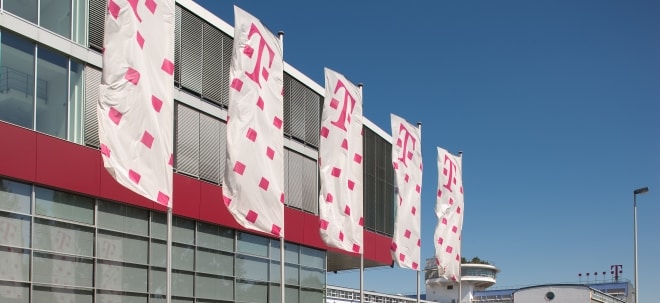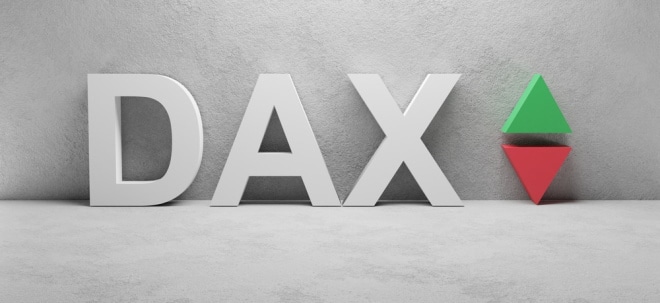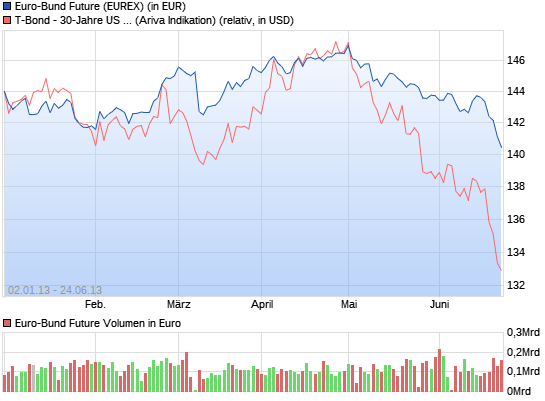Myth 1: QE raises inflation. Despite the considerable evidence that it does nothing of the kind, people still persistently believe that it does – that “eventually” inflation will come. This is because of the widespread misrepresentation of QE as “printing money”. Numerous people have painstakingly explained what QE is andhow it works, but inflationistas aren’t listening. To them, QE is printing money, and everyone knows that printing money causes inflation. (That isn’t necessarily true either, but as I said, they aren’t listening). An alternative view proposes that because QE props asset prices, eventually the increase in asset values would feed through into an increase in the money supply as asset holders take profits and spend the proceeds, increasing inflation. This is perhaps more reasonable, but again there is little evidence to support this.
Myth 2: QE stimulates the economy by forcing banks to lend. This is based on the idea that if you throw money at banks they will lend. But banks only lend if the risk versus return profile is in their favour. At the moment banks don’t want to lend, because their balance sheets are a mess. QE increases reserves, but it does little to repair bank balance sheets. No amount of excess reserves will force damaged banks with weak balance sheets to lend.
Myth 3: QE stimulates the economy by persuading corporates to invest.This is similar to Myth 2. It is based on the idea that if you make borrowing ridiculously cheap for corporates (i.e. throw money at them) they will invest. But corporates only borrow to invest if the risk versus return profile is in their favour. At the moment they don’t want to invest, because the economic outlook is very uncertain and profitable investment opportunities look few. They are very happy to borrow to refinance debt or to buy back equity – but that doesn’t help employment or incomes. I should make it clear, too, that this only applies to larger corporates that have access to the capital markets. Small and medium-size businesses are much more dependent on bank lending, and they are living in a financial desert – see Myth 2.
Myth 4: QE encourages households to increase spending. This is by means of the “wealth effect”, whereby people who have assets that are increasing in value feel wealthier so spend more. Why the esteemed economists in charge of central banks seem incapable of understanding that having illiquid assets (such as houses) that are increasing in value doesn’t make people who are income-dependent spend more is beyond me. Furthermore, NO amount of propping up asset prices will compensate for downward pressure on wages due to poor economic performance, or for benefit cuts and tax rises from austere fiscal policy. Nor will it compensate for reduction in the real incomes of people living on income from savings – which is certainly an effect of low interest rates and possibly also of QE. When ordinary people find their incomes being squeezed they cut spending, even if their houses are increasing in value. When ordinary people find their savings for their old age being eroded by low interest rates they save more, not less. Why these esteemed economists, not to mention the politicians designing fiscal policy, don’t understand this is a mystery. Maybe they are all so wealthy that income-dependence is a foreign concept to them.
Myth 5: QE debases the currency. Whether this is seen as a positive effect depends on your viewpoint: devaluing the currency is supposed to help exports, but hard-money enthusiasts are appalled at the very idea of debasing the currency – they regard it as theft (I saw an article recently that described QE as the modern equivalent of coin-clipping). Actually there is very little evidence that QE has significant effects on the value of the currency – indeed as it doesn’t raise inflation it is highly unlikely that it debases the currency. Though as a recent article at VOX pointed out, when a large part of a country’s GDP is made up of global industry, devaluing the currency has little effect on exports, because exports are dependent on imports. The idea that devaluing the currency always helps exports is another of those economic myths, it seems.
more prag cap
-----------
Mein Gott, es ist voller Sterne... |


 Thread abonnieren
Thread abonnieren



